Mulch film is a crucial innovation in modern agriculture, primarily used to enhance crop production and manage soil conditions. Traditionally made from polyethylene, mulch films serve multiple purposes, including moisture retention, weed suppression, and soil temperature regulation. Recently, however, there has been a significant shift towards biodegradable mulch films, which offer both agricultural benefits and environmental sustainability.
Functions and Benefits of Mulch Film
Moisture Retention
Mulch films significantly reduce soil moisture evaporation, leading to less frequent irrigation needs. This is particularly beneficial in regions where water scarcity is an issue, as it conserves water resources and ensures uniform soil moisture levels throughout the growing season
Weed Suppression
By blocking sunlight from reaching the soil surface, mulch films effectively suppress weed growth. This minimizes the need for manual weeding or chemical herbicides, thus reducing labor costs and environmental impact.
Temperature Regulation
Mulch films help maintain stable soil temperatures by insulating the soil from extreme weather conditions. This regulation is crucial for seed germination and plant growth, allowing for extended growing seasons and improved crop yields.
Pest and Disease Control
The barrier created by mulch films can reduce the incidence of soil-borne diseases and pests. This leads to healthier plants with fewer chemical treatments required, promoting a more sustainable approach to farming.
Fertilizer Efficiency
Using mulch films enhances the efficiency of fertilizers by reducing nutrient leaching. Nutrients remain available in the root zone of plants, which can lead to cost savings for farmers while minimizing environmental runoff.

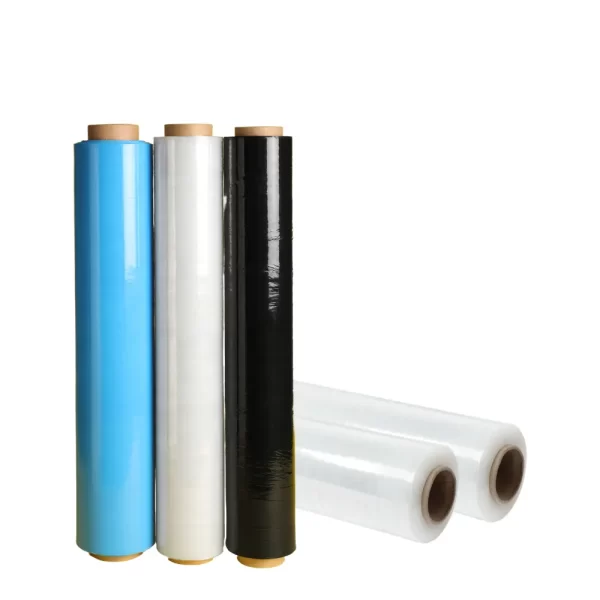
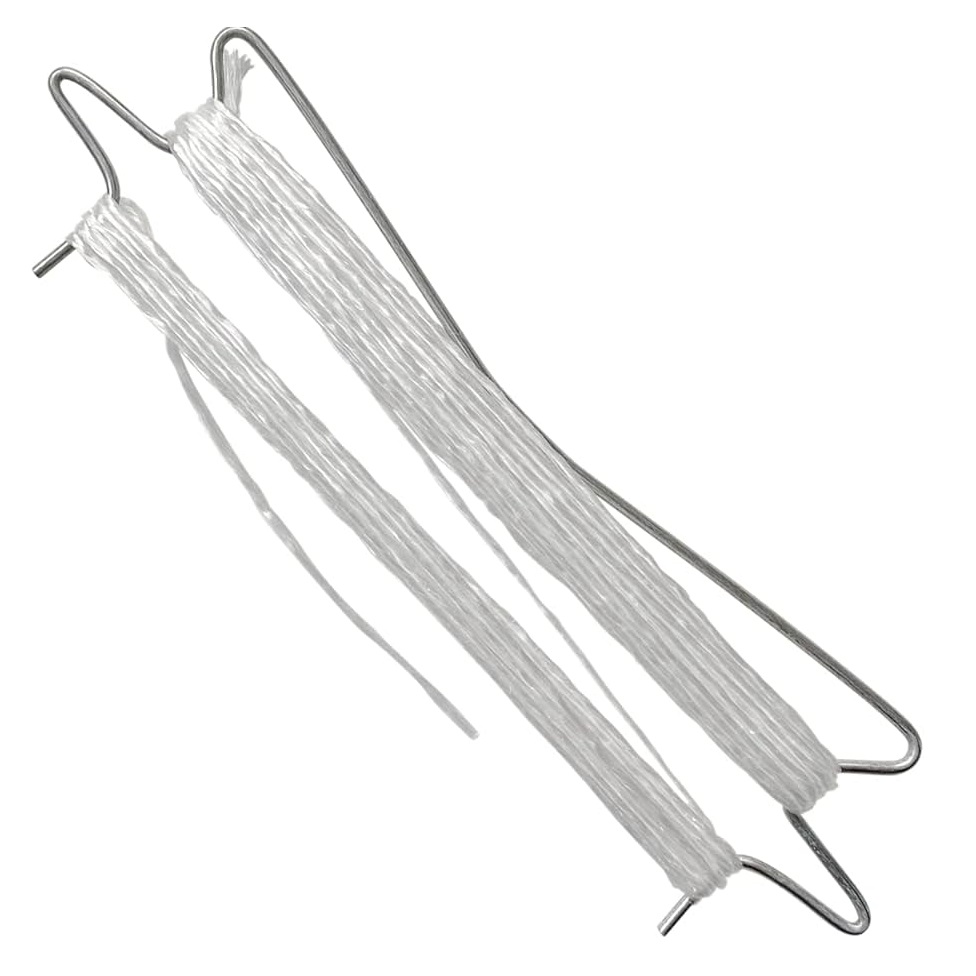

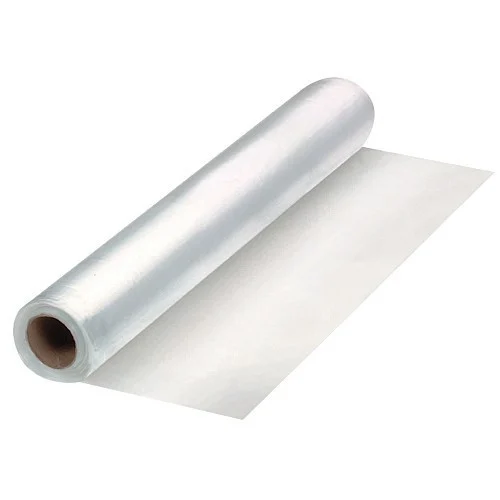
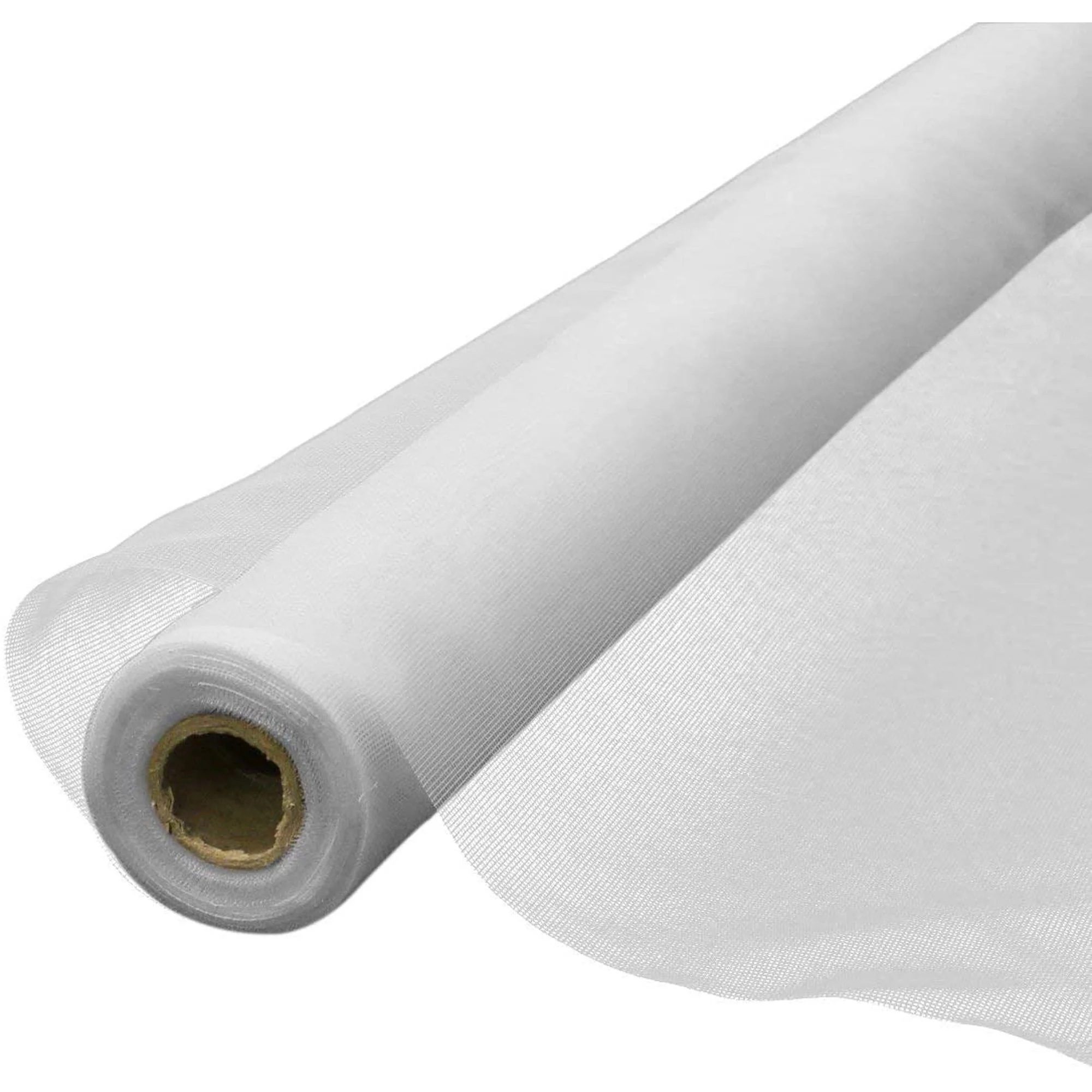
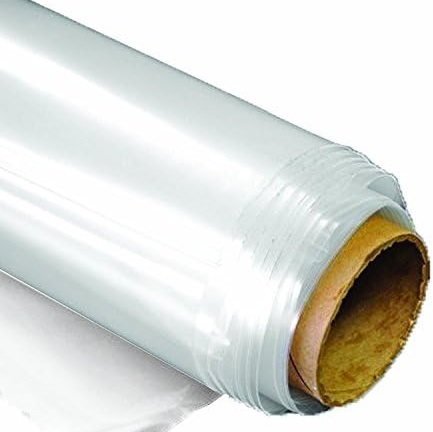


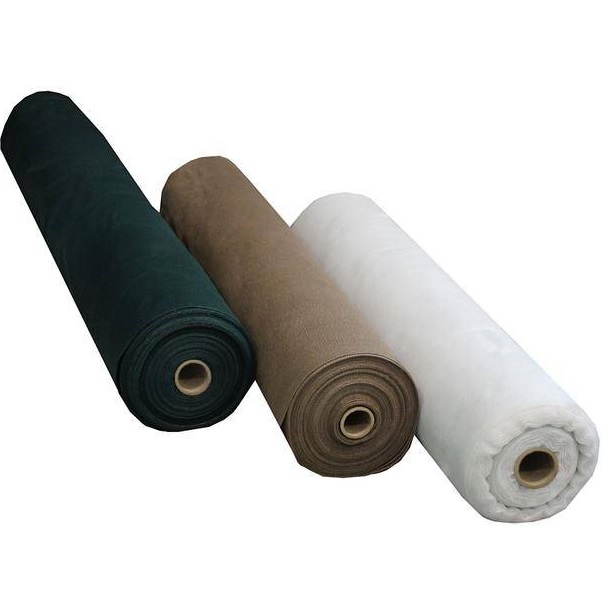
Reviews
Clear filtersThere are no reviews yet.